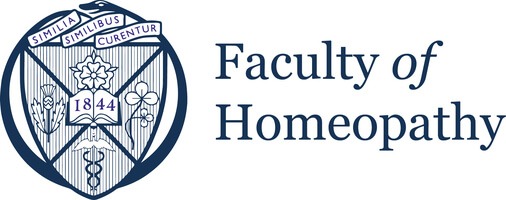Harness the Healing Power of Medicinal Mushrooms in Your Cancer Care.
Enhance your treatment plan with natural therapies that support immunity, reduce side effects, and promote overall well-being
Medicinal mushrooms have been revered for centuries in traditional medicine systems for their powerful health benefits. In integrative cancer care, these mushrooms play a crucial role in supporting the body’s natural defences and enhancing overall well-being.
By incorporating medicinal mushrooms such as Reishi, Shiitake, and Maitake into treatment plans, we aim to boost immune function, improve resilience, and provide additional support alongside conventional therapies.
Our approach ensures that patients receive the benefits of these natural compounds in a safe, scientifically-supported manner.
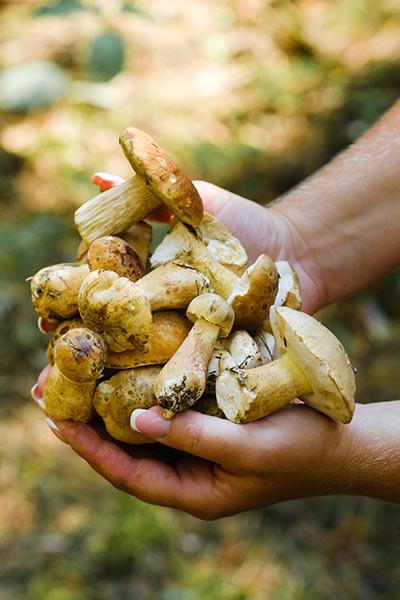
Medicinal mushrooms have been used for centuries in traditional medicine and are now recognized for their potential benefits in integrative cancer care. These mushrooms are known for their immune system support, helping to enhance the body’s natural defenses.
They contain bioactive compounds that have anti-cancer properties, including the ability to inhibit tumor growth and reduce the side effects of conventional treatments.
Additionally, medicinal mushrooms offer nutritional benefits, providing essential vitamins, minerals, and antioxidants that contribute to overall health and well-being.
Incorporating medicinal mushrooms into a cancer care regimen can provide holistic support, complementing traditional treatments while promoting the body's resilience and vitality.
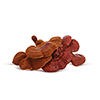
It is highlighted by Oriental medicine for its ability to enhance inherited energy and eliminate energy blockages that can cause arthritis, bronchitis, asthma, neurasthenia, insomnia, heart disease.
It is also considered “the mushroom of eternal youth” for its antioxidants capacities.
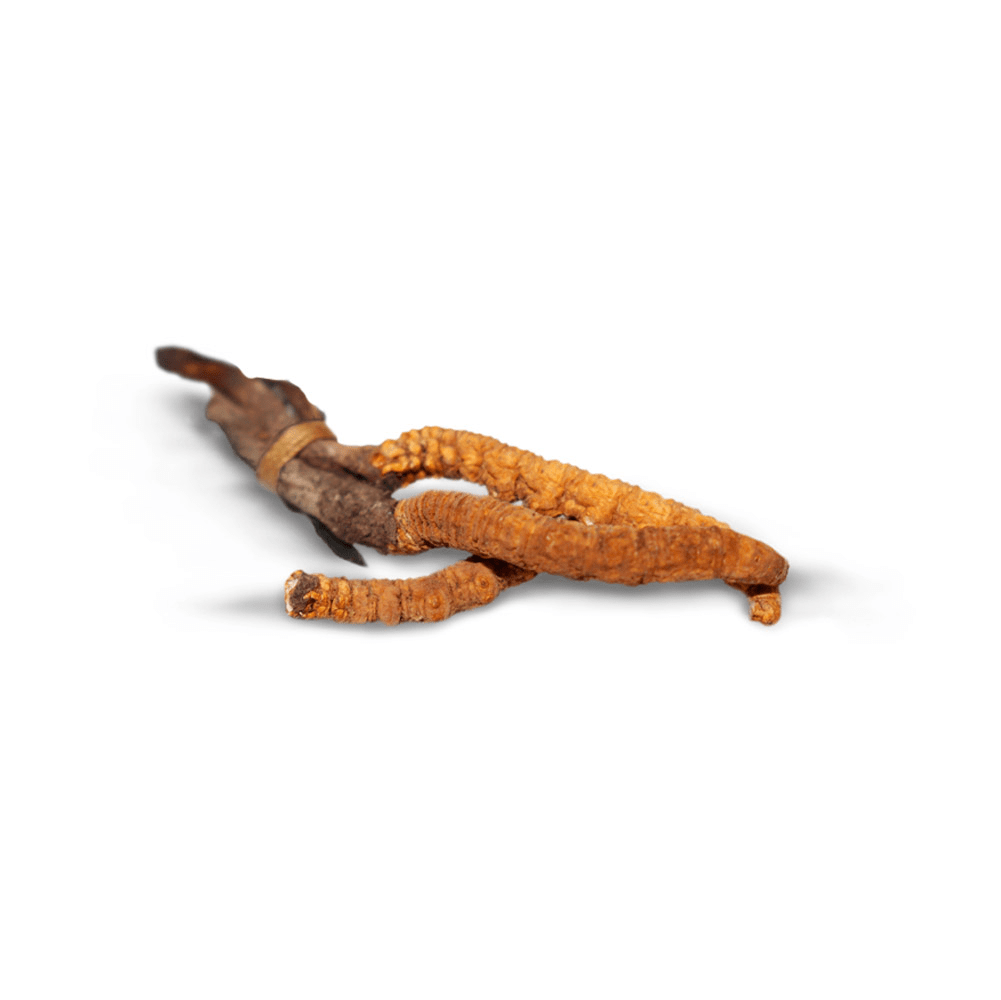
In traditional Asian medicine, this mushroom is one of the most popular natural remedies for its benefits in increasing bodies’ energy production, for which it is helpful for patients with fatigue.
It also improves fertility, immunity, kidney health and function, and lung function (is useful in patients with asthma, bronchitis, etc.)
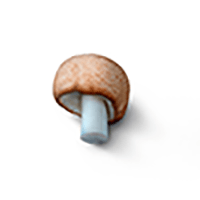
Rich in vitamins, minerals and lipids, this mushroom has exceptional properties to improve the natural immune response.
It has also unique compounds useful for antiallergic purposes, contains agents that help support and recover the liver, and can strengthen the body’s defence barriers which helps prevent infections.
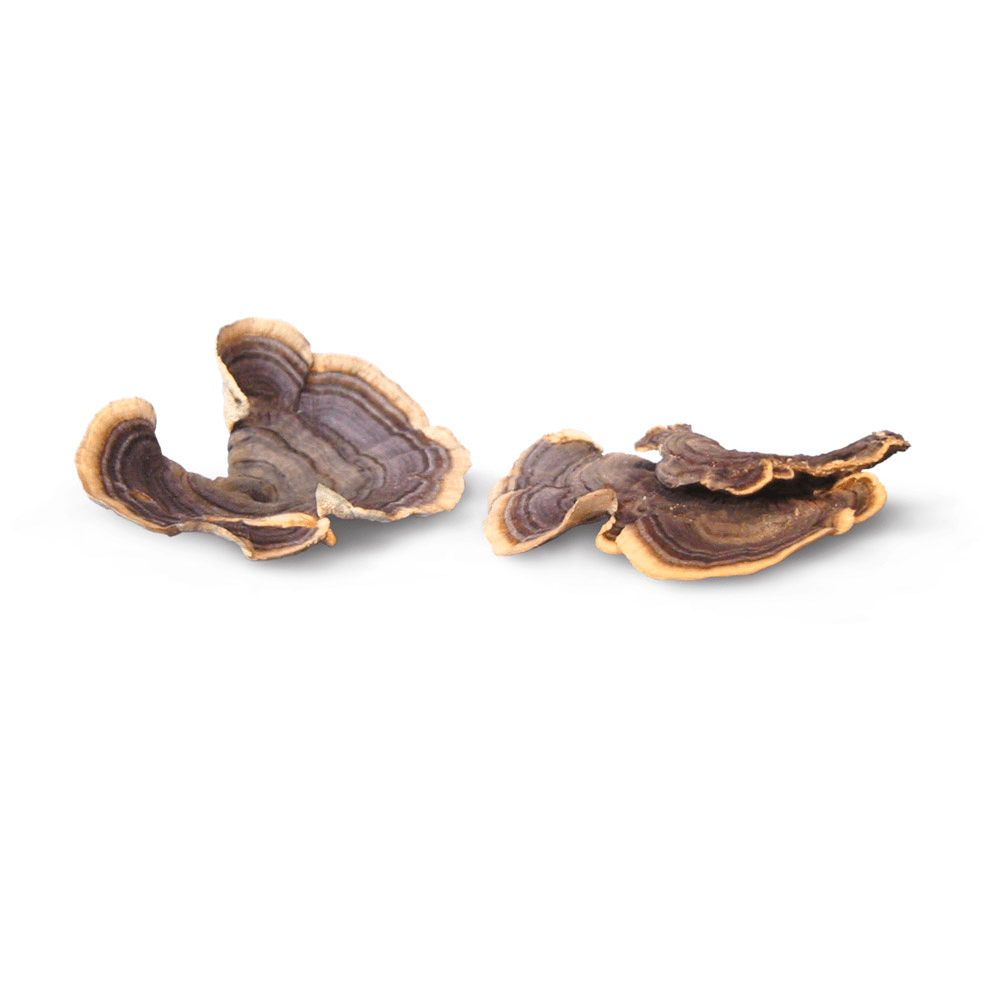
This mushroom’s use is limited mainly to the medicinal fields. It is one of the most studied mushrooms and has been demonstrated to have powerful benefits in the immune system -it is particularly helpful for people with autoimmune conditions; and to reduce peripheral neuropathic such as weakness, numbness and pain. It is also a potent antiviral, as its agents provide protection against bacterial and viral infections.
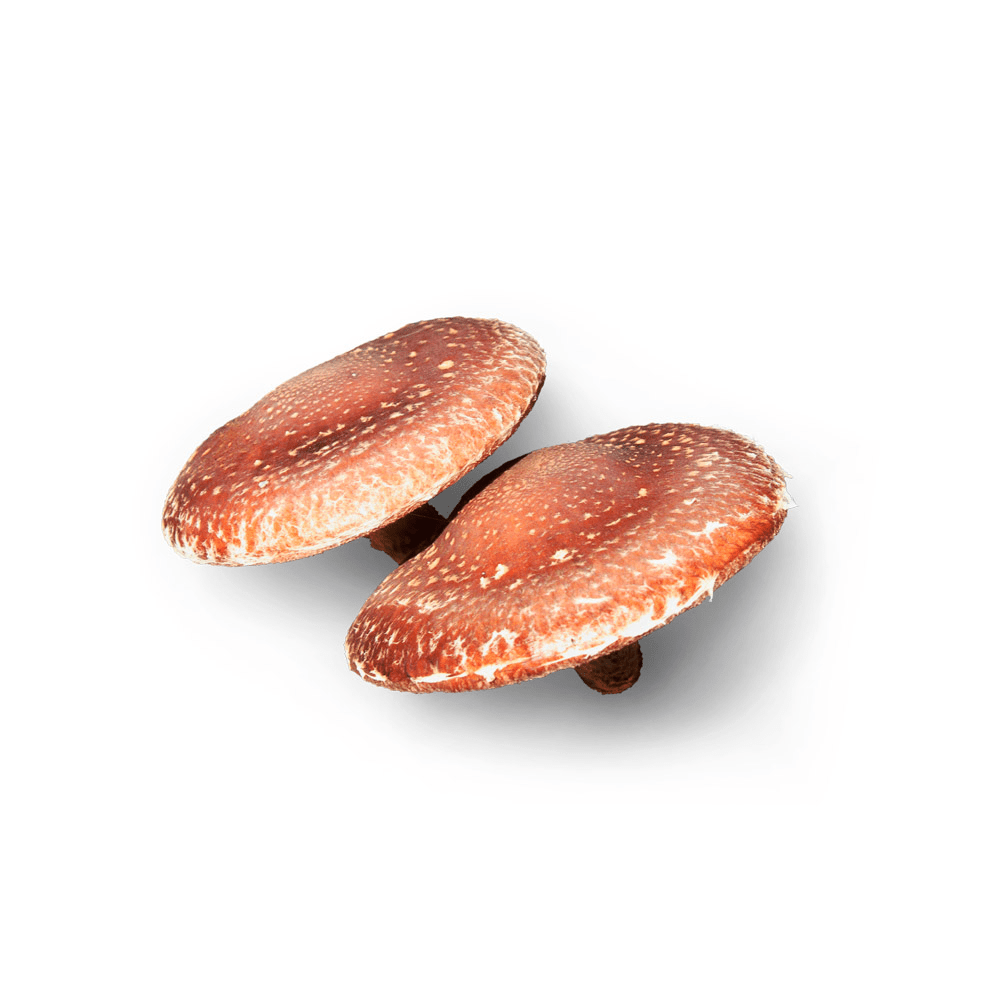
Not only is this mushroom the second most popular culinary mushroom in the world. Its consumption has also excellent benefits on human health: it supports the heart, helps regulate cholesterol levels, has potent antibacterial effects, and can help with uric acid issues.
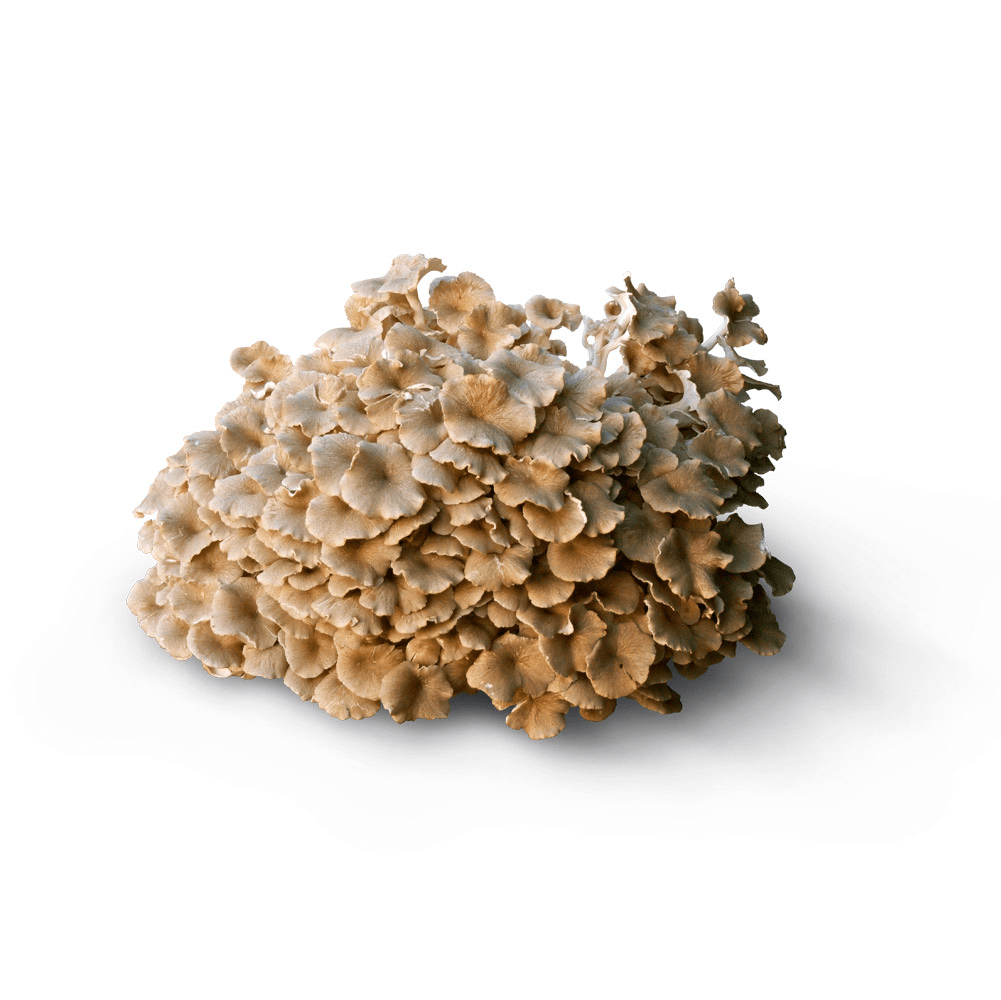
This mushroom, used for over 1,000 years in Chinese medicine, is an excellent natural diuretic as it stimulates circulation, helpful for respiratory conditions affecting the lungs and is known for helping prevent kidney stones formation.
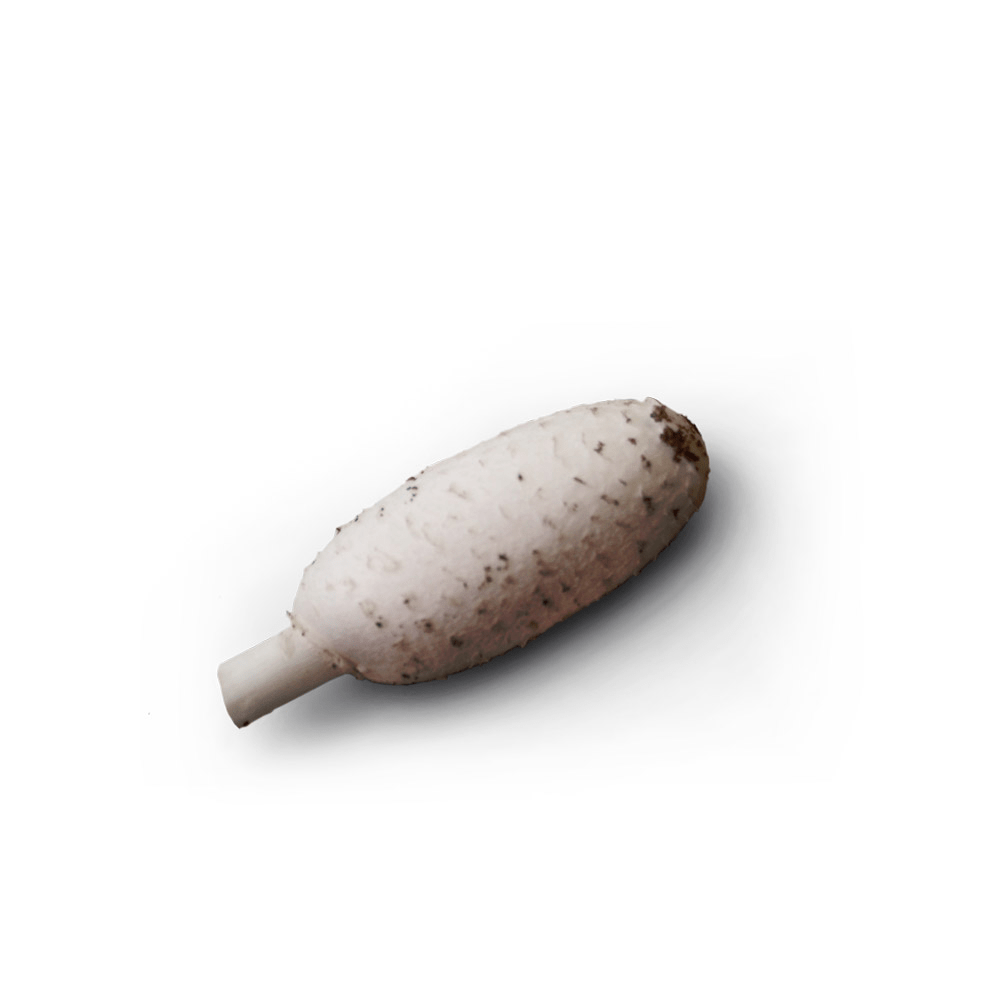
Discovered by traditional European medicine, the benefits of this very unique mushroom are related to blood glucose level and blood circulation. Coprinus’ natural compounds can mimic insulin, which makes this mushroom excellent at balancing blood sugar levels. Furthermore, it can also help recover the pancreas in cases of diabetes and help regulate insulin levels naturally.
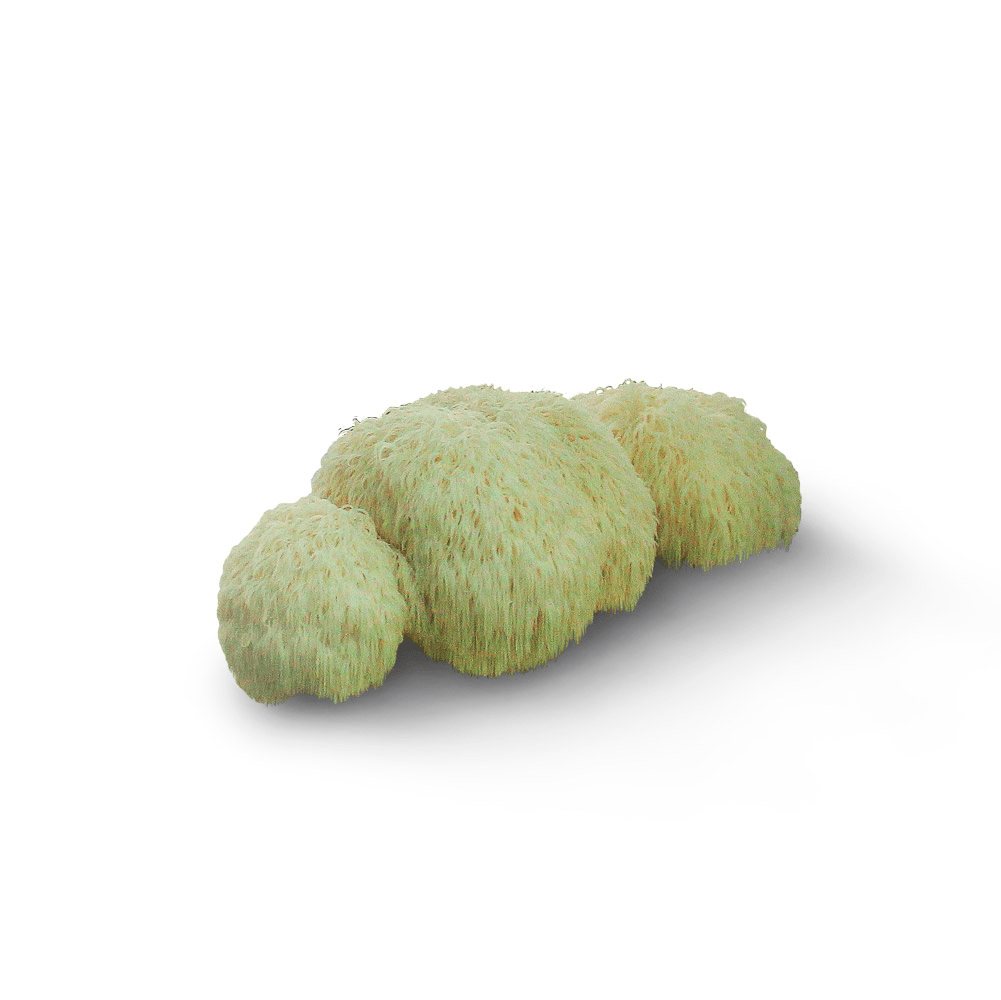
This mushroom stands out for its high fibre, high protein and natural prebiotic content. Its use can be beneficial in balancing the microbiota, as its properties protect and support healthy gut bacteria (important with any condition affecting digestion). Its compounds also have powerful regenerative actions for supporting neurodegenerative conditions and cognitive impairment, as well as reducing peripheral neuropathies (such as numbness, weakness, sensitivity and pain, usually in hands or feet).
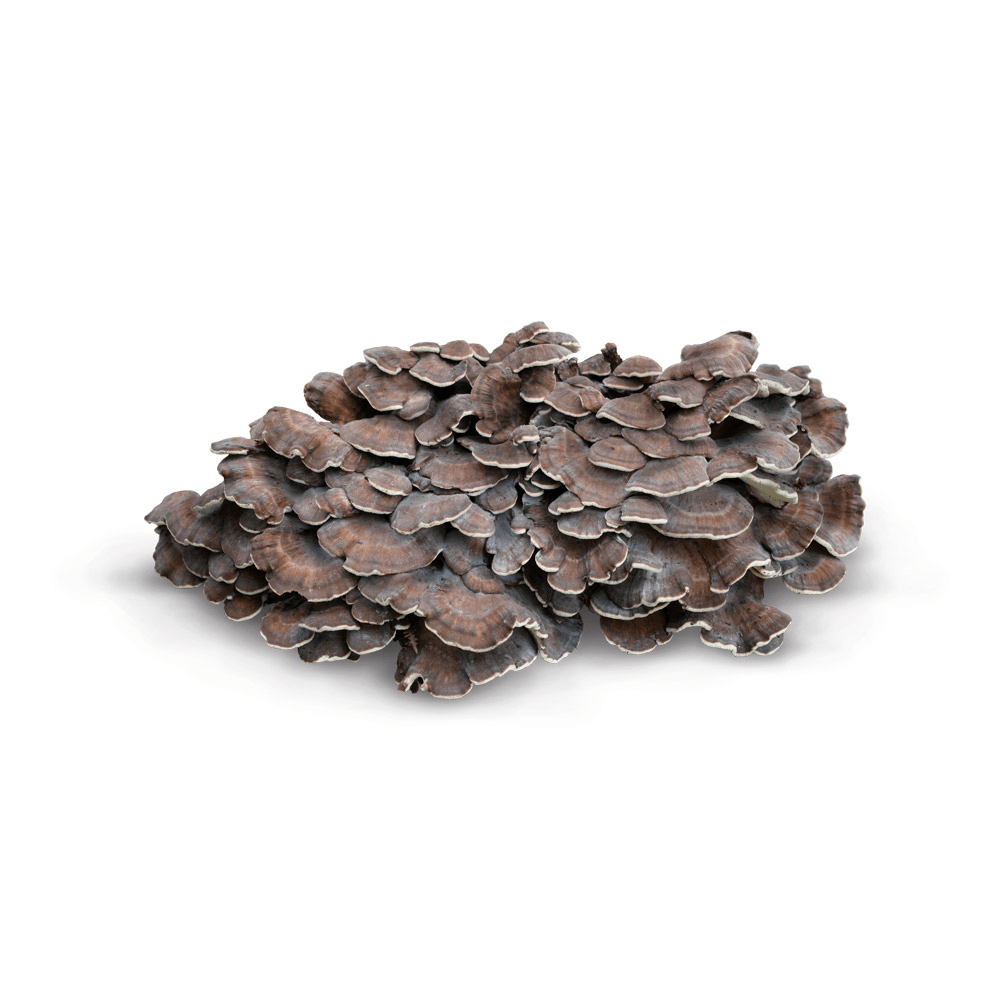
Being one of the most fascinating mushrooms known, Maitake is known as “the king of mushrooms”. It contains powerful compounds that help reduce storage of fat in the body, for which it is great for being used for weight control and obesity. It also supports heart health and blood pressure, balances and increases the effectiveness of the immune system and contains certain compounds that are marvelous detoxifying -it helps the liver to eliminate toxins effectively.
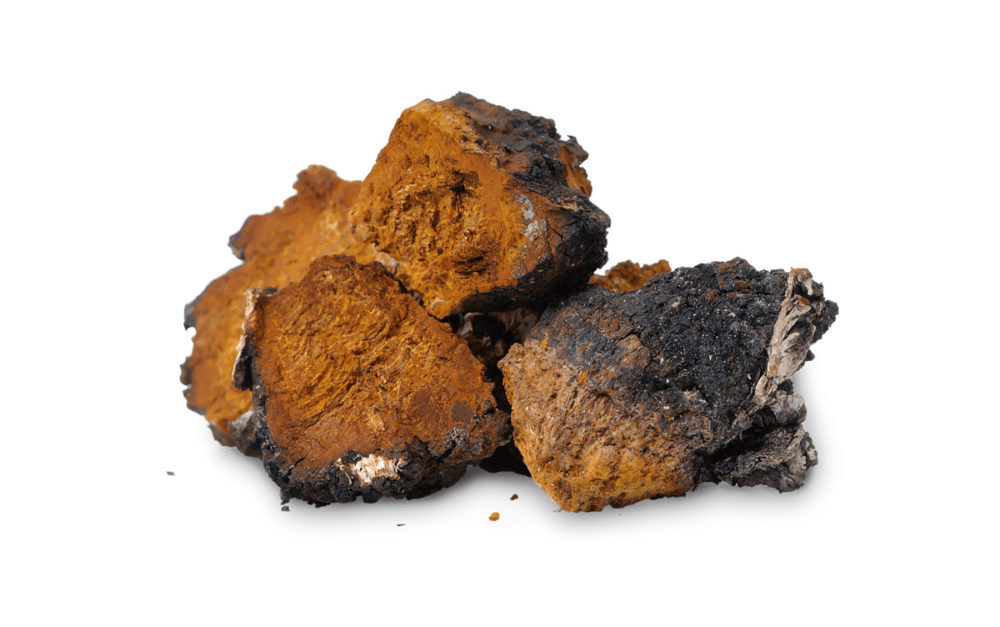
This type of fungus grows naturally in the northernmost forests of Europe and due to its immunomodulatory and antioxidant properties, it is known as “the forest diamond” -c haga stands out for its quantity and variety of polysaccharides, constituents proven to affect the immune system.
Medicinal mushrooms are integrated into cancer care through various forms, such as capsules, extracts, and powders, making them convenient for daily use.
These supplements are often combined with other treatments like nutritional therapy, mistletoe therapy, or conventional cancer treatments to enhance their effectiveness.
The mushrooms' bioactive compounds work synergistically to support the immune system, reduce inflammation, and improve the patient’s overall resilience to illness.
Each patient’s regimen is tailored to their unique needs, ensuring a personalized approach to care.
The use of medicinal mushrooms in cancer treatment has garnered significant scientific interest due to their potential therapeutic benefits. Here are some key findings from recent research:
Anticancer Potential: Medicinal mushrooms like Reishi, Shiitake, and Maitake contain bioactive compounds that have shown promise in targeting cancer cells while sparing healthy tissues. These mushrooms exhibit various anticancer mechanisms, including immune modulation, induction of apoptosis (programmed cell death), and inhibition of angiogenesis (formation of new blood vessels that supply tumors) (Blagodatski et al., 2018).
Immune System Support: Polysaccharides found in mushrooms like Phellinus linteus have been shown to enhance the activity of immune cells, such as macrophages and natural killer cells. These effects contribute to the body’s ability to combat cancer more effectively (Sliva, 2010).
Quality of Life Improvements: Research suggests that medicinal mushrooms may help improve the quality of life for cancer patients by reducing the side effects of conventional treatments, such as chemotherapy and radiation. Studies have noted positive effects on fatigue, appetite, and general well-being, as well as potential benefits in extending survival times (Jeitler et al., 2020).
Support in Breast Cancer Treatment: Specific mushroom blends have been found to reduce tumour growth and invasiveness in breast cancer models, showing potential as a complementary therapy to conventional treatments (Jiang & Sliva, 2010).
Reduction of Side Effects: Mushrooms such as Ganoderma lucidum (Reishi) have been reported to help reduce the side effects associated with cancer therapies, such as nausea and vomiting, while also boosting the immune response (Venturella et al., 2019).
These studies collectively highlight the potential of medicinal mushrooms as a supportive treatment in cancer care, offering both therapeutic benefits and improvements in patient quality of life. However, ongoing research is needed to fully understand the mechanisms and optimal usage of these natural compounds in clinical settings.
While medicinal mushrooms offer promising benefits in cancer care, it's important to approach their use with caution and under professional guidance. Here are key safety considerations:
Consultation with Healthcare Providers: Always consult with your healthcare provider before incorporating medicinal mushrooms into your treatment plan. This is particularly important if you are undergoing conventional cancer treatments, such as chemotherapy or radiation, as interactions between mushrooms and these treatments need to be carefully managed.
Quality and Source of Products: The effectiveness and safety of medicinal mushrooms can vary significantly based on the quality of the product. Ensure that you use supplements from reputable sources that adhere to high standards of purity and potency.
Possible Side Effects: While generally considered safe, some medicinal mushrooms can cause side effects such as gastrointestinal discomfort, allergic reactions, or changes in blood sugar levels. Monitoring for any adverse reactions is crucial, especially during the initial phase of use.
Interactions with Medications: Medicinal mushrooms can interact with certain medications, including blood thinners, immunosuppressants, and diabetes medications. These interactions can alter the effectiveness of your treatment or lead to unwanted side effects.
Dosage and Administration: The appropriate dosage of medicinal mushrooms can vary based on individual health conditions and treatment goals. It’s essential to follow dosage recommendations provided by your healthcare provider or a qualified practitioner of integrative medicine.
Pregnancy and Breastfeeding: The safety of medicinal mushrooms during pregnancy and breastfeeding has not been thoroughly studied. Therefore, it is advised to avoid their use during these periods unless specifically recommended by a healthcare professional.
Long-term Use: While medicinal mushrooms are often used as long-term supplements, it is important to periodically review their use with your healthcare provider to ensure they remain beneficial and appropriate as your health condition evolves.
Medicinal mushrooms offer a promising complementary approach in cancer care, leveraging their natural bioactive compounds to support the body’s immune system, enhance the effectiveness of conventional treatments, and improve patients' overall quality of life. While these mushrooms have been used in traditional medicine for centuries, modern scientific research is beginning to validate their therapeutic potential. By integrating medicinal mushrooms into a comprehensive cancer treatment plan, patients may benefit from reduced side effects, enhanced immune response, and possibly even improved treatment outcomes. However, it is essential to approach their use with careful consideration and guidance from healthcare professionals, ensuring that they are part of a well-rounded, evidence-based treatment strategy. As research continues to evolve, medicinal mushrooms may play an increasingly important role in the holistic care of cancer patients.


